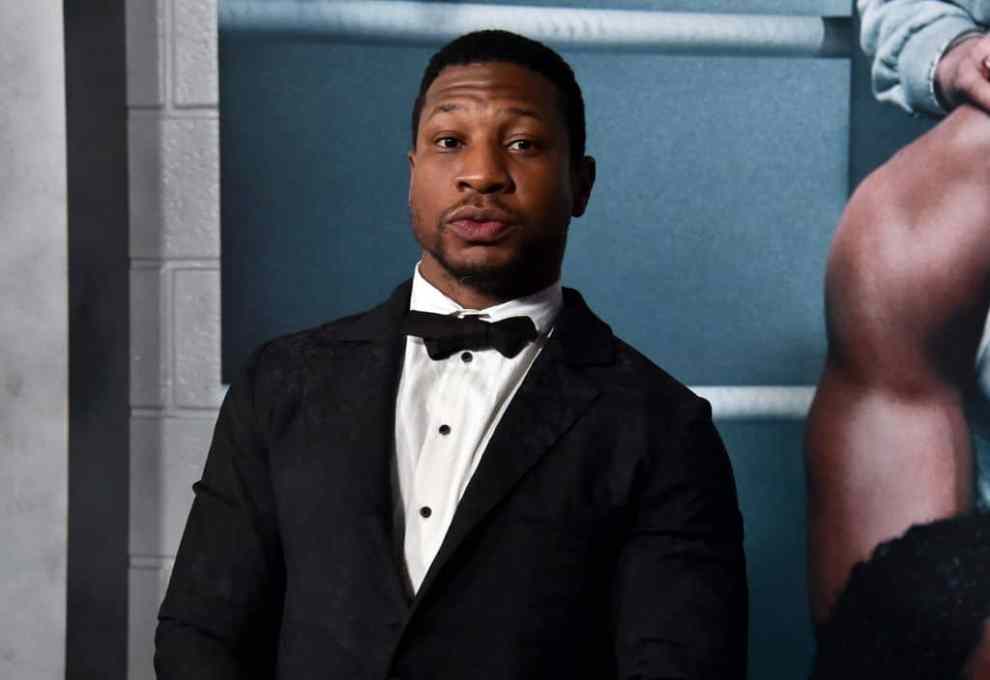Manhattan Criminal Court Judge Michael Gaffey has made a decisive ruling regarding former Marvel actor Jonathan Majors’ legal woes. Majors’ attempts to void his domestic violence conviction have been tossed by the judge.
Majors’ Conviction Stands Despite Legal Efforts
Following a tumultuous legal battle, Jonathan Majors’ conviction on assault and harassment charges has been upheld. The charges come from a domestic dispute with his former girlfriend, Grace Jabbari. He was found guilty of reckless assault in the 3rd degree and a non-criminal charge of harassment as a violation. However, he was acquitted of another assault charge and one count of aggravated harassment.
Majors’ legal team attempted to overturn the conviction by filing a motion asking Judge Michael Gaffey to set aside the verdict. Prosecutors countered this move, urging the judge to uphold the jury’s decision. In a pivotal ruling, Judge Gaffey denied the defense’s motion, clearing the path for Majors’ impending sentencing on April 8th.
The incident in question occurred during a dispute over Majors’ cellphone in a chauffeured car on the streets of Chinatown. The jury concluded that Majors recklessly injured Jabbari during the altercation. The altercation resulted with a broken finger and a cut behind her ear. While acquitted of intentional assault and aggravated harassment, Majors still faces potential jail time for misdemeanor reckless assault and harassment charges.
Judge Gaffey’s decision refuted claims of judicial error and insufficiency of evidence put forth by Majors’ defense. Gaffey emphasized the reasonableness of the jury’s interpretation of events, highlighting Jabbari’s testimony and street surveillance footage as key pieces of evidence. Despite the defense’s efforts to argue otherwise, the judge found sufficient grounds to support Majors’ guilt in harassment in the second degree.

